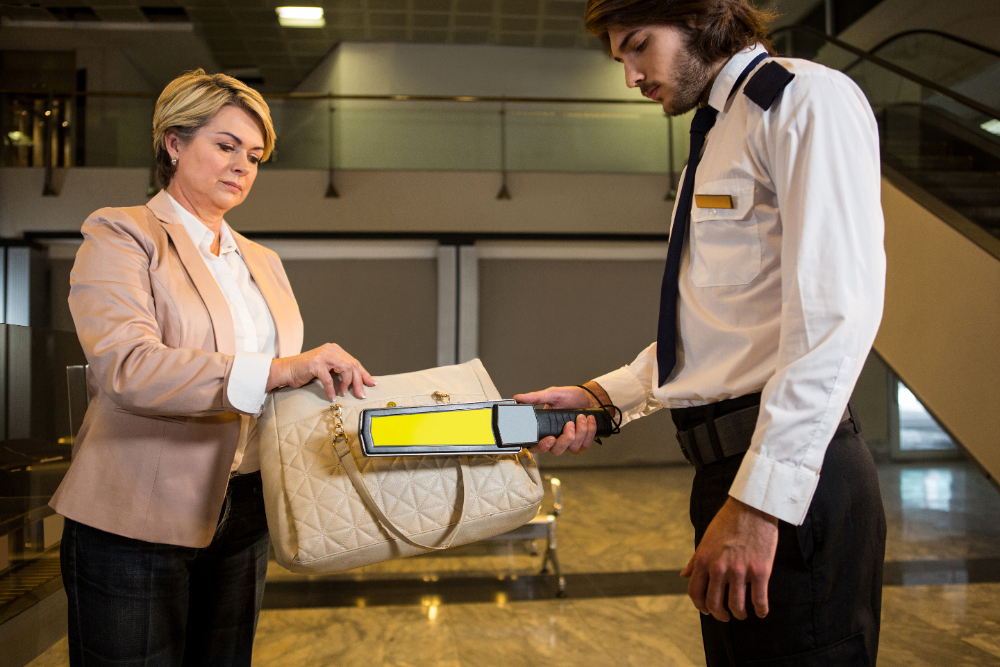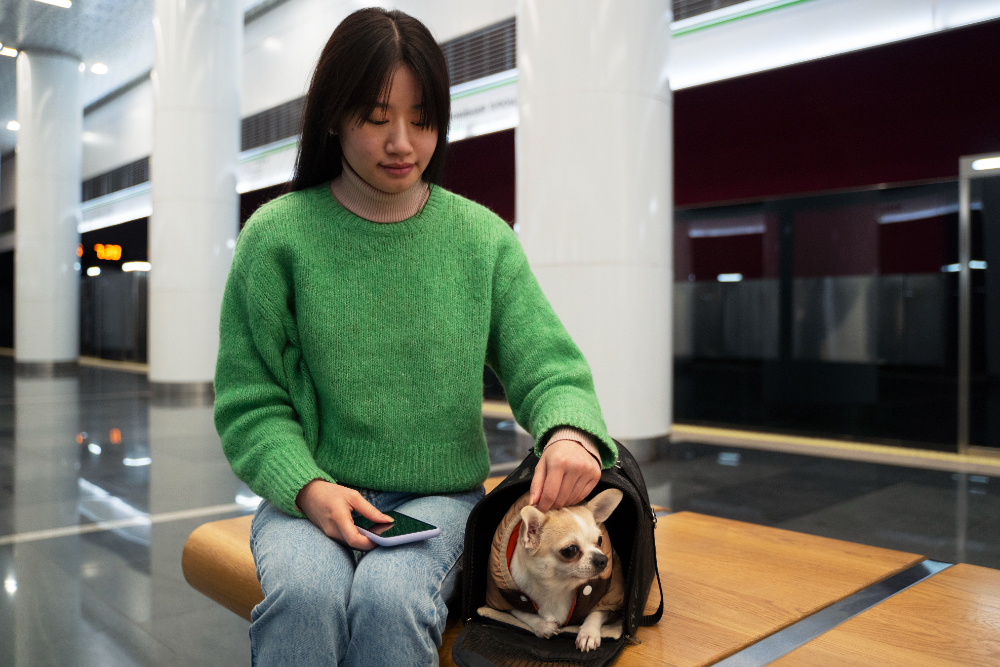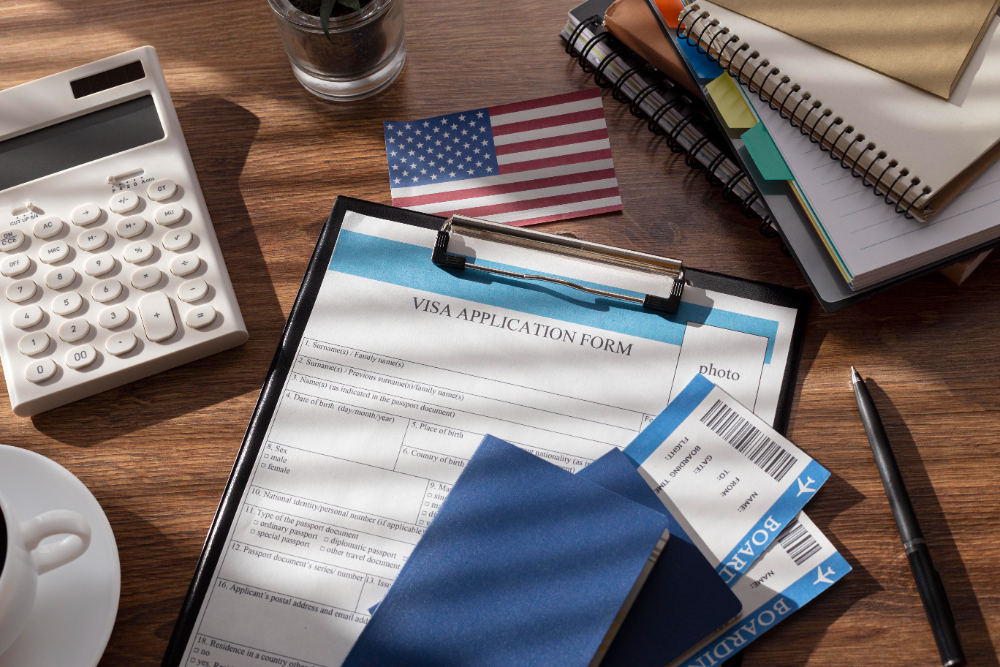Avoid delays and fines with these tips for navigating customs and border control smoothly.

Crossing international borders can be an exciting adventure, but customs and border control processes can quickly turn stressful if you’re unprepared. Mistakes that seem minor, like packing the wrong item or forgetting a form, can lead to fines, delays, or even legal issues. Knowing what to avoid and how to comply with regulations can save you time and hassle.
Here are 11 common missteps to watch out for and actionable tips to navigate customs trouble-free.
1. Carrying prohibited items without realizing it.

Prohibited items vary by country and can include fresh produce, plants, seeds, or even meat products. Other items, like illegal drugs or wildlife products, can result in severe legal penalties. Travelers often unknowingly pack restricted goods, leading to confiscation or fines. Research the rules of your destination before traveling, and double-check that your luggage complies. If you’re unsure about an item, it’s best to leave it behind. Being proactive helps avoid unnecessary delays and ensures a smoother customs experience.
2. Forgetting to declare goods purchased abroad.

Failing to declare items purchased abroad, such as souvenirs, gifts, or high-value goods, can lead to fines or confiscation. Each country has specific thresholds for duty-free purchases, and going over these limits requires proper documentation. Even small items must be declared if required. When completing your customs declaration form, list everything accurately. Keeping receipts for purchases can simplify this process. Transparency is crucial to avoid suspicion and ensure compliance with customs regulations, helping you pass through without complications.
3. Bringing large amounts of cash without declaring it.

Travelers carrying large sums of cash, typically over $10,000 USD or equivalent, must declare it at customs. Failing to do so may result in the confiscation of funds or legal consequences, even if the money is legitimate. To avoid trouble, carry only the amount you need and use bank transfers or travel cards for large transactions. Research the cash declaration rules of your destination in advance. Proper documentation and honest reporting will help you avoid unnecessary scrutiny at the border.
4. Packing counterfeit or pirated goods, even as souvenirs.

Counterfeit goods like fake designer handbags, watches, or pirated DVDs are illegal in many countries and can be seized at customs. Travelers often purchase these items abroad, unaware of the potential legal ramifications. Beyond fines or confiscation, smuggling counterfeit products could also harm your travel record. Avoid buying fake goods altogether, and instead support authentic products. If you already possess counterfeit items, consider leaving them behind to avoid raising red flags with customs officials.
5. Carrying medications without proper documentation.

Many countries have restrictions on certain medications, including some over-the-counter drugs. Without proper documentation, like a prescription or a doctor’s note, you could face confiscation or even penalties. To stay compliant, carry all medications in their original packaging, clearly labeled. Research the specific rules of your destination regarding allowable drugs. Preparing documentation in advance ensures that you have access to your medication while traveling and prevents misunderstandings with customs officials that could delay your journey.
6. Failing to complete customs declaration forms correctly.

Errors or omissions on customs forms are among the most common mistakes travelers make. Whether you underreport the value of goods or accidentally leave out details, inaccuracies can raise suspicion. Take your time to complete the form, ensuring all information is truthful and accurate. If you’re unsure about declaring an item, it’s safer to disclose it. Customs officials are more likely to be lenient with honest mistakes than deliberate omissions, so double-check your work for peace of mind.
7. Ignoring agricultural restrictions when packing food or plants.

Bringing agricultural products like fruits, seeds, or plants can introduce invasive pests or diseases to your destination. Many countries impose strict agricultural restrictions, and violations can result in fines or confiscation of the items. Check the destination country’s guidelines before packing any food or plants. Declare these items if required, even if you believe they are harmless. By adhering to these rules, you contribute to protecting the environment and avoid unnecessary delays at customs.
8. Attempting to smuggle duty-free allowances without declaring excess.

Duty-free items like alcohol, tobacco, and perfume have strict quantity limits. Exceeding these allowances without declaring the extra can lead to penalties. Travelers often assume they won’t get caught, but customs officials are trained to spot violations. To avoid issues, familiarize yourself with the duty-free limits of your destination. Declare any additional quantities honestly. This approach not only avoids fines but also demonstrates respect for customs regulations, making your border crossing smoother.
9. Traveling with undeclared pets or animals without the right paperwork.

Bringing a pet across international borders requires careful planning, including vaccinations, health certificates, and in some cases, microchips. Failure to provide proper documentation can result in quarantine, denial of entry, or fines. Research the destination country’s requirements well in advance, as some processes take months to complete. Carry all necessary paperwork, and ensure your pet meets health and vaccination standards. Proper preparation ensures a hassle-free journey for both you and your furry companion.
10. Overlooking visa or travel document requirements before your trip.

Travelers without the correct visa or with expired travel documents can be denied entry at the border. Many destinations have specific requirements, including transit visas or additional permits. Check your passport’s validity and the visa policies of your destination before traveling. Start the application process early to avoid last-minute stress. Keeping a copy of your travel documents handy ensures a smooth experience at customs and avoids the disappointment of being turned away.
11. Being uncooperative or confrontational with customs officials.

Your attitude and behavior at customs can significantly impact your experience. Being rude, evasive, or confrontational with officials may lead to additional scrutiny or delays. Instead, answer questions calmly and honestly, providing requested documents promptly. If you’re unsure about a rule, politely ask for clarification. A respectful and cooperative approach not only speeds up the process but also leaves a positive impression, reducing the likelihood of further inspection or penalties.
